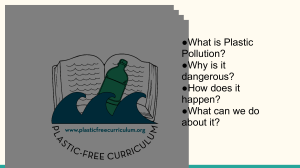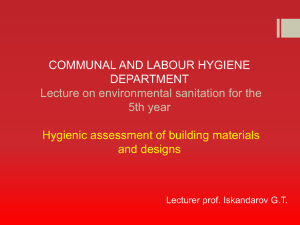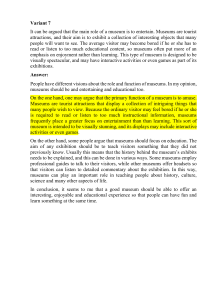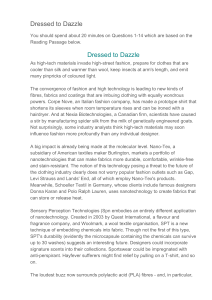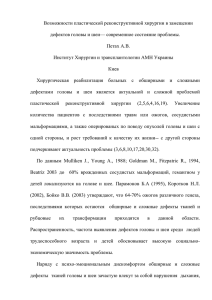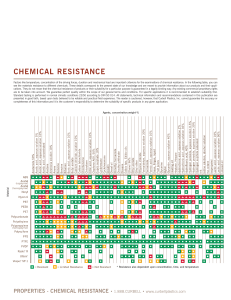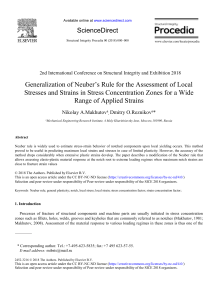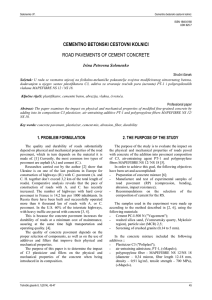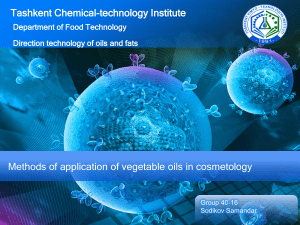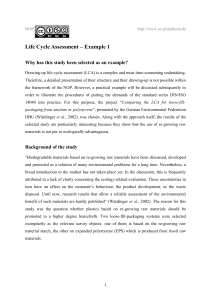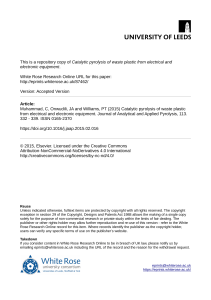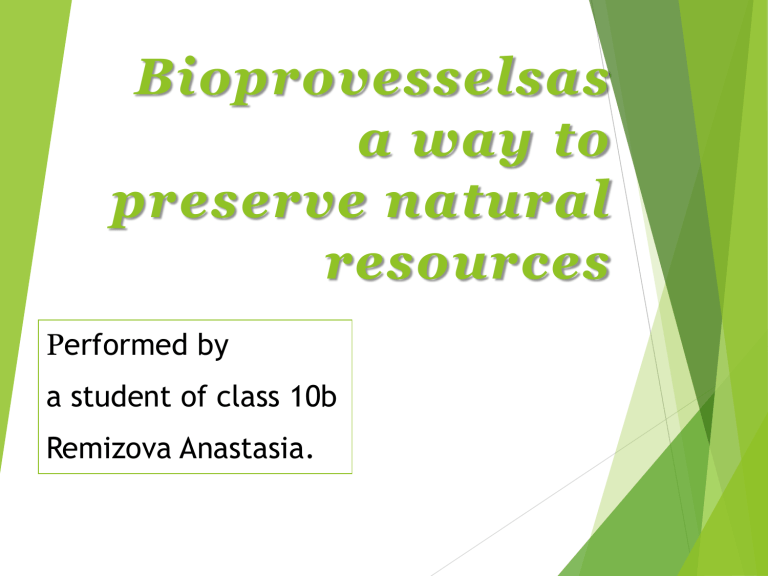
Bioprovesselsas a way to preserve natural resources Performed by a student of class 10b Remizova Anastasia. Introduction. From time to time, each of us uses disposable tableware. Some do it almost every day (take at least cups of coffee in vending machines), others – from time to time, for example, on picnics. Supporters of disposable tableware say: "It's cheap and convenient!" Opponents: "It pollutes the environment!" We say: "Use bioprovessels!" What is the danger of ordinary plastic? Researchers from different countries do not stop talking about the dangers of using plastic tableware. There are several reasons for this, let's name the main ones: Firstly, disposable plastic over plastic, a chemical reaction occurs. As a result, toxins are released that enter the body along with food. Their accumulation leads to the development of various diseases: allergies, metabolic disorders, impaired reproductive function, various hormonal disruptions in the human body, the vessel contains potentially dangerous substances for health. Secondly, plastic negatively affects the environment. The period of its decomposition in natural conditions reaches several hundred years – and all this time harmful substances are released into the water and soil. In addition, plastic is a danger to birds, fish and animals, taking plastic particles for food, they eat them, which often causes the death of animals. What is plastic tableware made of? Ordinary disposable tableware is made of three basic materials: Polyvinyl Chloride Polypropylene Polystyrene Each of these materials is potentially dangerous to human health! Polystyrene , when heated , emits styrene toxin Polyvinyl chloride – releases vinyl chloride, which is the strongest carcinogen. Polypropylene – formaldehyde and phenol. Each of these secretions is essentially a poison. Alternative: biodegradable plastics. Oil, coal, natural gas – it is from these natural resources that 99% of polymers from plant raw materials are made today. And this despite the fact that in the middle of the last century, the process of obtaining polymers from vegetable raw materials was invented. Now the production of plastic from vegetable raw materials is gaining momentum. This is explained by the fact that oil reserves are not unlimited, and for the environment, the production of plastic from vegetable raw materials is much safer. Advantages of bioplastics tableware. Safe for the environment. The term of decomposition of bioplastics in the natural environment is 180 days, while other plastics decompose up to several hundred years. 1. 2. Non-toxic. The process of production and decomposition of traditional plastics involves the release of toxic substances into the environment. In this regard, bioplastics are safe for nature and humans. 3. Reduces emissions into the atmosphere. The extraction of raw materials does not require the development of fossil fuel deposits, and harmful compounds and greenhouse gases are practically not released during production. 4. Easier to recycle. Bioplastics recycling is a more efficient and less energy–intensive process compared to conventional plastics. 5. Wide operating temperature range. Bioplastics allows safe storage of food in the freezer, as well as heating food in the oven and microwave. 6. Ease of use. Bioplastics tableware is durable and comfortable. Conclusion. Bio–vessels are, indeed, a revolutionary solution of our time! A variety of single-use bioprovessels are very popular today. Plates, forks, glasses, lunch boxes, bags are very convenient to use on the road and on a picnic – it's beautiful, convenient, and a forgotten plate or fork will not harm the environment. Thanks for your attention!
